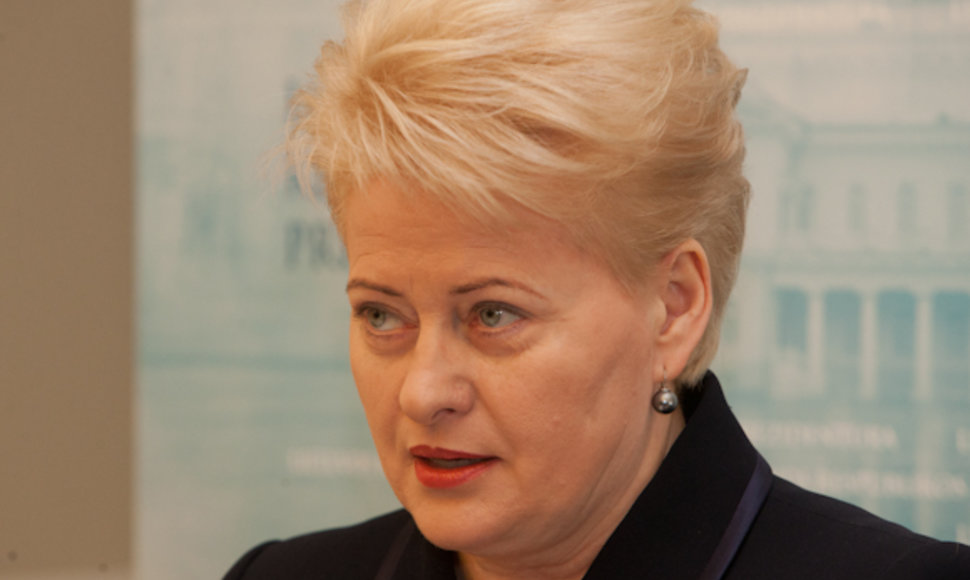"In the president's words, the European Commission-proposed principle of allocating assistance is not satisfactory for Lithuania. In her words, distribution of EU assistance should be performed in line with interests and level of development of every individual country. In negotiations, Lithuania will seek revision of the principles of distribution of structural assistance," the President's Office said in a press release issued after Grybauskaitė met with European Commissioner for Regional Policies Johannes Hahn.
The commissioner told journalists earlier on Thursday that the size of structural assistance was calculated in the light of the size of the gross domestic product (GDP) of the past three years.
"The most relevant figure for calculating the allocation to a country is always the GDP and here we take the average of the last three available years which means for regions 2008 to 2010 and countries 2009 to 2011. And here we take the average of these three years as a baseline for the calculation," Hahn said after a meeting with Prime Minister Andrius Kubilius.
Linking the size of EU support to the GDP would lead to capping funding for Lithuania to 2.5 percent of the country's GDP.
Kubilius said after the meeting that Lithuania had been allocated 1 billion litas (EUR 0.29 b) in EU structural support less than in the current financial perspective.
"We don’t want to see such a drop in the estimates of the 2014-2020 structural support for Lithuania as we see in the presented form and presented proposal. The drop for us amounts to 14 percent, i.e., we loose over one billion litas. Latvia and Estonia are facing similar perspectives," Kubilius said.
"Structural and regional support funds are very important for Lithuania. We still use them very successfully and effectively, and we are very concerned that, based on the existing proposals, the three Baltic states might receive substantially smaller structural funding in the next financial perspective. I believe proper solutions will be looked for by means of negotiations," the Lithuanian premier said.
The Lithuanian government said earlier the principle did not match the goal of the EU cohesion policy aimed at closing the development gap among regions. Besides, Lithuania's example in absorbing funds of the existing financial program, according to the Lithuanian government, shows that the 2.5 percent-GDP capping cannot be linked to capabilities to absorb large-scale EU structural support, and changes would mostly affect those regions where GDPs dropped most due to the economic crisis.
Lithuania was allocated EUR 6.8 billion in EU structural support in 2007-2013.
The three Baltic states and Hungary have called on the European Commission to review its proposal.












